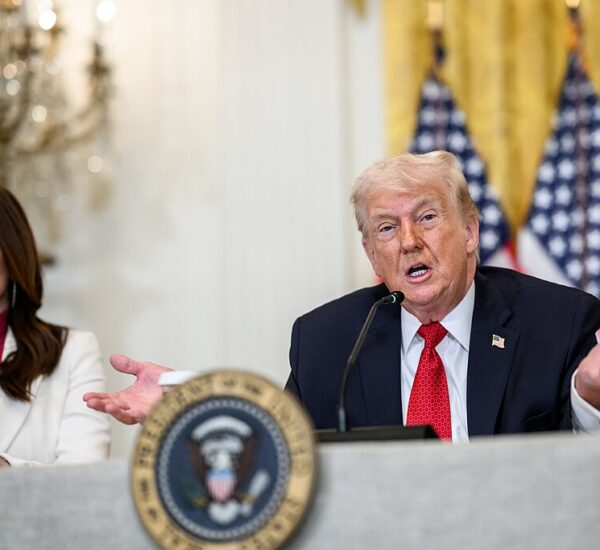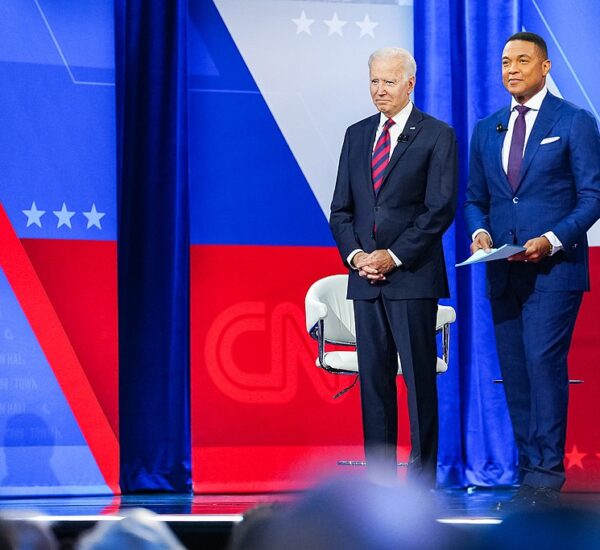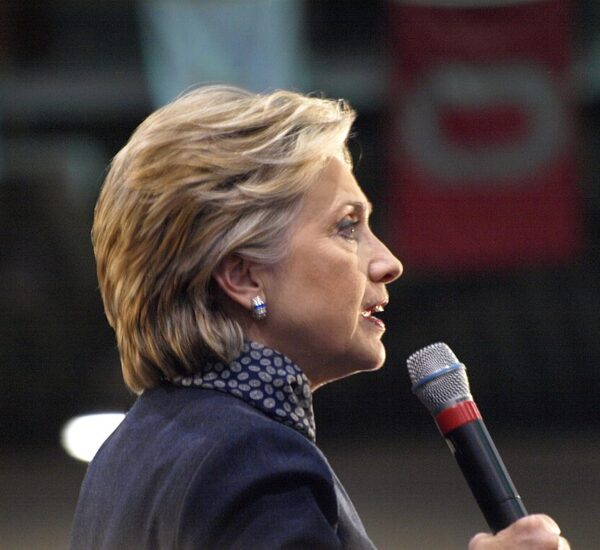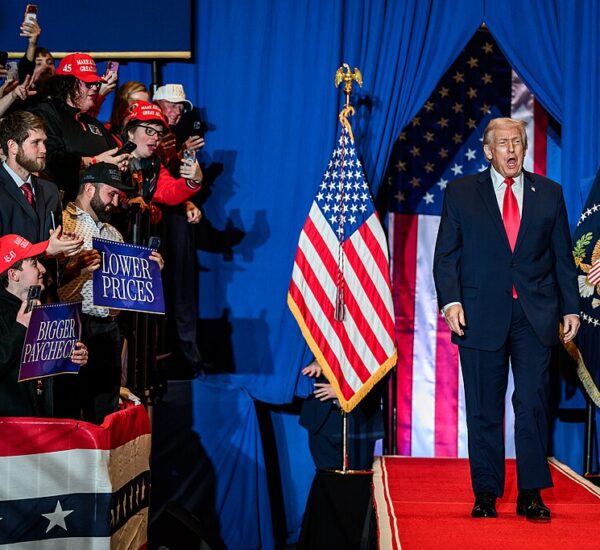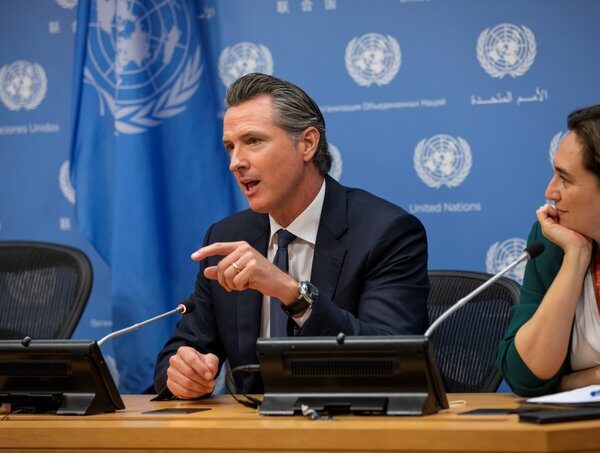Trump Says What About North Korea?
President Donald Trump reaffirmed his commitment to establishing a relationship with North Korea, emphasizing the importance of his personal connection with Kim Jong Un, the country’s authoritarian leader. Speaking alongside Japan’s Prime Minister Shigeru Ishiba at the White House on Friday, Trump expressed his belief that diplomatic engagement with North Korea is essential for global stability.
“We will have relations with North Korea, and I’ve always said I got along very well with Kim Jong Un,” Trump declared, highlighting the progress made during his presidency. Despite the lack of complete success in North Korea’s denuclearization, the former president took pride in his ability to foster a unique rapport with the regime, citing the exchange of “love letters” with Kim as a testament to their mutual respect.
Trump’s comments come after two historic summits with Kim in Singapore and Vietnam, which, while not yielding full denuclearization, were a marked departure from the confrontational rhetoric often associated with the North Korean regime. For Trump, the relationship with Kim was not just about policy but about personal rapport, which he believes is an asset on the world stage.
Prime Minister Ishiba echoed Trump’s sentiments, expressing hope that the United States could lead the way in encouraging North Korea toward denuclearization. He also emphasized the importance of resolving longstanding issues, such as the abduction of Japanese citizens by North Korean agents in the 1970s.
“If President Trump is able to bring about progress on these critical issues with North Korea, it will be a tremendous step forward,” Ishiba said, reinforcing the significance of Trump’s approach to diplomacy in the region.
Trump’s stance is clear: the U.S. must pursue engagement, not isolation, with regimes like North Korea, as long as it serves the country’s interests and promotes peace. With his unconventional methods, Trump aims to continue America’s leadership on the world stage, even with tough adversaries.


